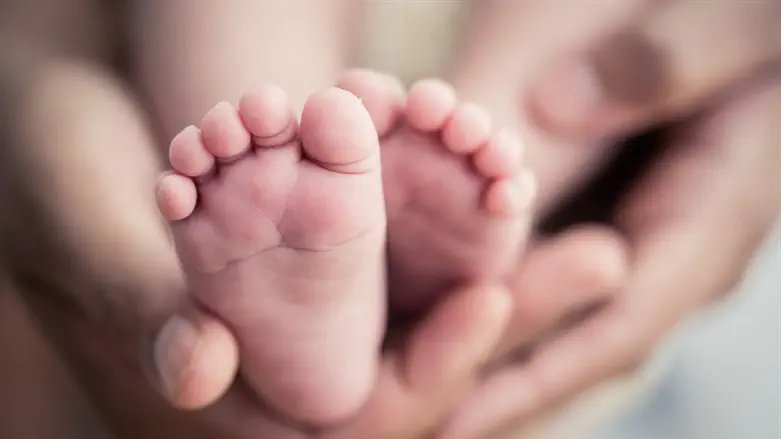
Finance Minister Avigdor Liberman (Yisrael Beytenu) and Transportation Minister Merav Michaeli (Labor) have announced that they will advance fully-paid paternity leave as part of the next State budget.
Under the new plan, paternity leave will be possible beginning from the 15th week after birth, and must continue at least 14 consecutive days. In addition, the mother must have returned to work for the father to take paternity leave.
The plan, first discussed in 2019, will be finalized by June 16, and is expected to be approved as part of the 2023 budget.
Currently, women receive 15 weeks of paid maternity leave, although most women are eligible to take unpaid leave from then until their infant is six months old.
According to the Finance Ministry, the plan is intended to help reduce the wage gaps between men and women, and allow fathers to take more active roles in parenting and experience a closer relationship with their infants, while at the same time allowing children to have a close relationship with both parents.
Eligibility requirements for paid paternity leave will be identical to those for maternity leave: 10 months of employment out of the past 14, or 15 months of employment out of the past 22 months.
Israel sees approximately 180,000 births each year, and around 130,000 of the mothers are eligible for maternity leave payments. Under the current system, the mother may give part of her maternity leave to the father, returning to work before 15 weeks have passed, so long as she is at least six weeks postpartum. In practice, just 1% of couples utilize this option.
According to a research by the Finance Ministry, mothers' salaries following the birth of their first babies drops by about 30%, mostly because they work less hours. In the decade following, however, their salaries remain about 28% lower than fathers' salaries.
Liberman said, "The State of Israel needs a budget and the Israeli economy needs certainty. One of the foundations of the 2023 budget is the reduction of gaps in Israeli society, and I am therefore happy to lead, together with Minister Merav Michaeli, the provision of fully-paid paternity leave. This step will allow fathers the right to active parenting and to a closer connection with their baby, and reduce the negative incentive to hiring mothers."
Michaeli said, "During maternity leave, the connection between parent and child becomes stronger, and the gender roles take form. The world of employment also takes shape during maternity leave. Now, they will take shape in a much more equal fashion."
"Paternity leave is a demand of the Labor party, in its coalition agreements," she added, thanking Liberman for being a partner in the initiative. "I am proud to be a partner in a government which takes such significant steps for gender equality and civil equality."
Michaeli also thanked Economy Minister Orna Barbivay (Yesh Atid), and Merav Cohen, for their parts in the initiative.